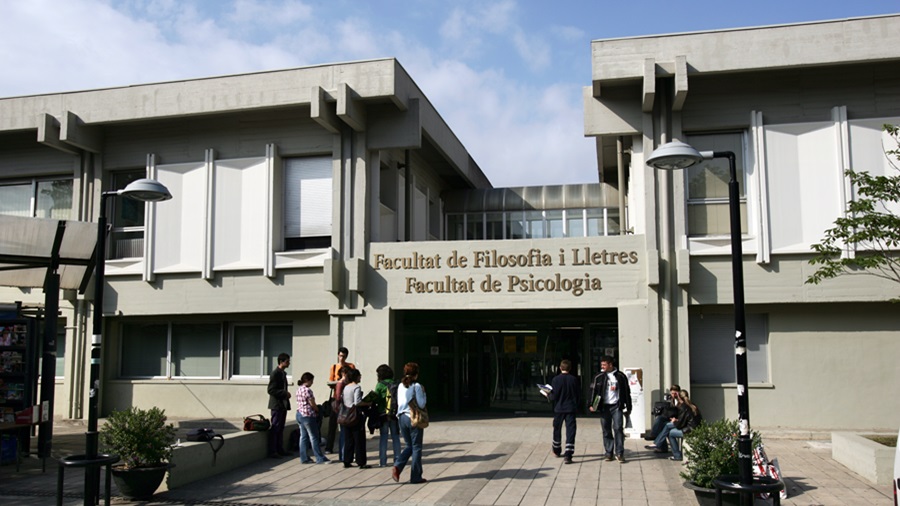UAB lecturers offer popular science conferences in the "Seminaris a l'Abast" series
This year's conference series Seminaris a l'Abast will take place from 24 January to 12 June, organised by the Universitat a l'Abast programme of the UAB Graduate School. This popular science series is addressed mainly to people over 50 and will take place in five sessions and starting at 5:00 p.m. at the conference hall (Sala de graus) of the Faculty of Arts & Humanities, in addition to a closing event to be held at the UAB Auditorium.

On 24 January, UAB lecturer in the Department of Antiquity and Middle Age Studies Joan Carbonell will be in charge of inaugurating the series with a conference entitled “L'herència dels romans. What have the Romans ever done for us?”. On 21 February, it will be Jordi González, professor in the Department of Computer Science, who will offer an introduction to the world of artificial intelligence. The series will continue on 13 March with a talk on advances in cancer treatments given by Enriqueta Felip, lecturer in the Department of Surgery and at the Vall d'Hebron Teachign Unit. On 17 April, Francesc Serra, lecturer in international relations, will speak on the 20th century and Western hegemony. And finally, retired Chemistry Professor Jordi Marquet will speak on the effects of chemistry on social development on 15 May.
Each session will last two hours. Students can sign up for sessions at any time of the course: registering to attend all sessions costs 32 euros and each individual session costs 8 euros. The closing session on 12 June will be open to all students from the institutional programme Universitat a l'Abast, which aims to open the doors of the university to the general public, regardless of any generational, social or geographic limitations, as a means to provide continuous learning options that are connected with active ageing.
The UAB, with Sustainable Development Goals
Reduced inequalities
Quality education